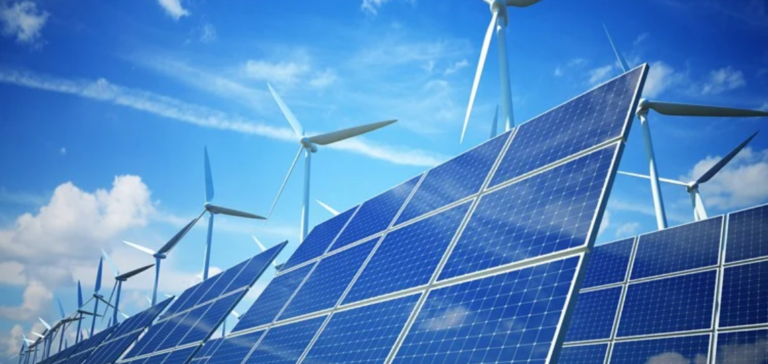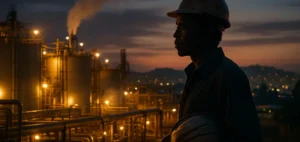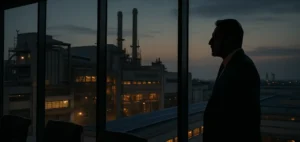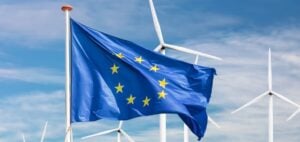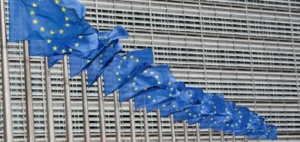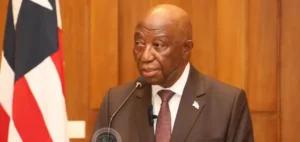Alcazar Energy Partners II fund raises $336.6 million to target renewable energy projects. The money raised will mainly finance solar and offshore wind projects.
A committed fund
Alcazar Energy Partners II will have to comply with a demanding framework of environmental and social criteria. The needs of local communities will be addressed through initiatives funded by $35 million. In addition, 2GW of clean energy infrastructure will reduce 3.2 million tons of greenhouse gas emissions.
Eight public and private institutional investors are allocating considerable sums to the fund. It targets the emerging markets of the Middle East, North Africa and Central Asia. For example, TobiasPross, CEO of AllianzGI, states:
“Emerging markets are the ones that need the most money for climate change adaptation and mitigation. I’m proud that our EMCAF investments are gaining momentum in emerging markets, not only helping to combat climate change but also supporting healthy economic growth in these regions.”
The initiative is part of a global project. It is part of the investments mobilized at COP27. Thus, it aims to accelerate the ecological transition.
Multilateral cooperation
In addition, Alcazar Energy Partners II investors include organizations such as the European Investment Bank and Proparco. The fund also includes EMCAF, a fund managed by AllianzGI. The fund hopes to raise $500 million and mobilize $2 billion in foreign direct investment.
This landmark transaction will contribute to the creation of more than 15,000 jobs in the construction sector. Khawaja Aftab Ahmed, IFC Regional Director for the Middle East, Pakistan andAfghanistan, says:
“We can’t tackle climate change without unleashing the power of the private sector. This flagship investment harnesses that power, supporting climate adaptation in countries on three continents. We are proud to partner again with Alcazar, our long-time partner.”
Alcazar Energy has a strong track record of developing and building renewable energy projects.
Alcazar Energy Partners II’s success is based on its expertise in emerging markets. In addition, it highlights the commitment to ESG best practices. The first successful closing of the organization is a tribute to the work of the various components.

